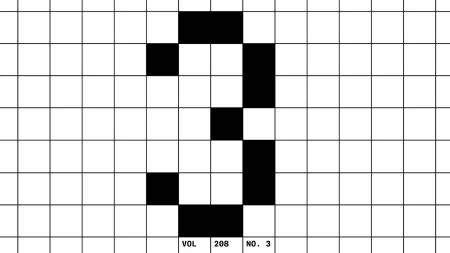The Science of Brain Age: Beyond Internet Debates
In today’s digital landscape, where social media debates rage about whether millennials are aging more slowly than previous generations, there’s a more fascinating conversation to be had about aging—one that focuses on what’s happening inside our heads rather than on our skin. While TikTok users argue about the effects of sunscreen, vaping, and preemptive Botox on physical appearance, scientists have been quietly developing the concept of “brain age” as a meaningful metric for understanding how our most complex organ changes over time. Unlike the questionable brain-training apps and supplements that have flooded the market for years with little scientific backing, this emerging field of research offers genuine insights into brain health and potentially life-changing interventions.
The concept of brain age isn’t as straightforward as measuring chronological age. Scientists use various methods to calculate it, including whole-brain scans, measurements of gray matter thickness, assessments of specific brain structures, and sophisticated machine learning analyses. A groundbreaking study published in Nature in 2022 exemplifies this approach, having analyzed scans from over 100,000 brains ranging from fetal to centenarian stages. According to Katharine Dunlop, a cognitive neuroscientist at the University of Toronto and co-author of the study, the research produced “essentially growth charts, similar to height and weight curves for babies,” but focusing instead on gray and white matter changes in the brain. These charts not only illustrated how brains typically develop and age but also revealed fascinating patterns about brain aging in relation to various health conditions.
One of the most significant findings from brain age research is the concept of the “brain age gap”—the difference between someone’s chronological age and their calculated brain age. This gap appears to widen in people with certain conditions. For example, research suggests that Alzheimer’s disease is associated with accelerated brain aging, with brain regions shrinking earlier than expected. The connection between brain age and neurological health doesn’t stop there; studies have also linked schizophrenia, depression, and anxiety to older-than-expected brain ages. These connections offer tantalizing possibilities for both early detection of conditions and potential interventions before symptoms become severe or irreversible.
Despite these promising developments, researchers emphasize that there’s still “a lot of unexplored territory” in understanding the mechanisms behind premature brain aging. Multiple factors likely contribute to accelerated brain aging, including genetics, early life events, chronic stress, inflammation, and countless other variables that interact in complex ways. Dunlop aptly compares a brain age measurement to a thermometer—it provides a simple metric that can signal a problem, even if it can’t identify the specific cause. Just as a fever indicates something is wrong without specifying the illness, an advanced brain age could alert healthcare providers to potential issues before clinical symptoms appear, allowing for earlier intervention.
When it comes to interventions for maintaining a healthy brain age, the recommendations might seem disappointingly familiar rather than exotic or cutting-edge. The most effective approaches appear to be the same lifestyle factors that benefit overall health: regular exercise, avoiding smoking, maintaining a nutritious diet, and staying socially engaged. This conclusion was reinforced by a two-year study published in JAMA focusing on people at risk of dementia. Additionally, research from neuroscientist Laura Han at Amsterdam UMC has specifically examined how lifestyle factors influence brain age in people with depression. Her team found that smoking and high body mass index were associated with older-than-expected brain ages, while education correlated with more accurate brain ages—suggesting that cognitive stimulation might help maintain brain health.
While brain age is not yet a standard clinical tool that doctors regularly use, its potential applications are promising. Han and her colleagues are currently investigating whether a structured running program can positively affect both depression symptoms and brain age, potentially offering a non-pharmaceutical intervention for mental health conditions. As research continues to develop, brain age measurements may eventually become a routine part of healthcare assessments, helping to identify risks and guide preventive strategies. In the meantime, rather than stressing about this emerging metric, we might take comfort in recognizing that regardless of how we physically age or style our hair, our brains remain remarkably powerful, adaptable, and mysteriously wonderful organs deserving of our care and attention.














